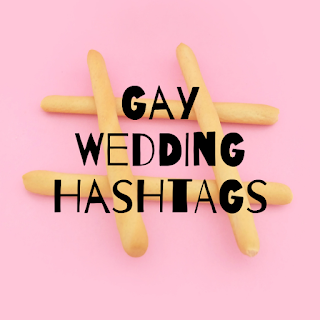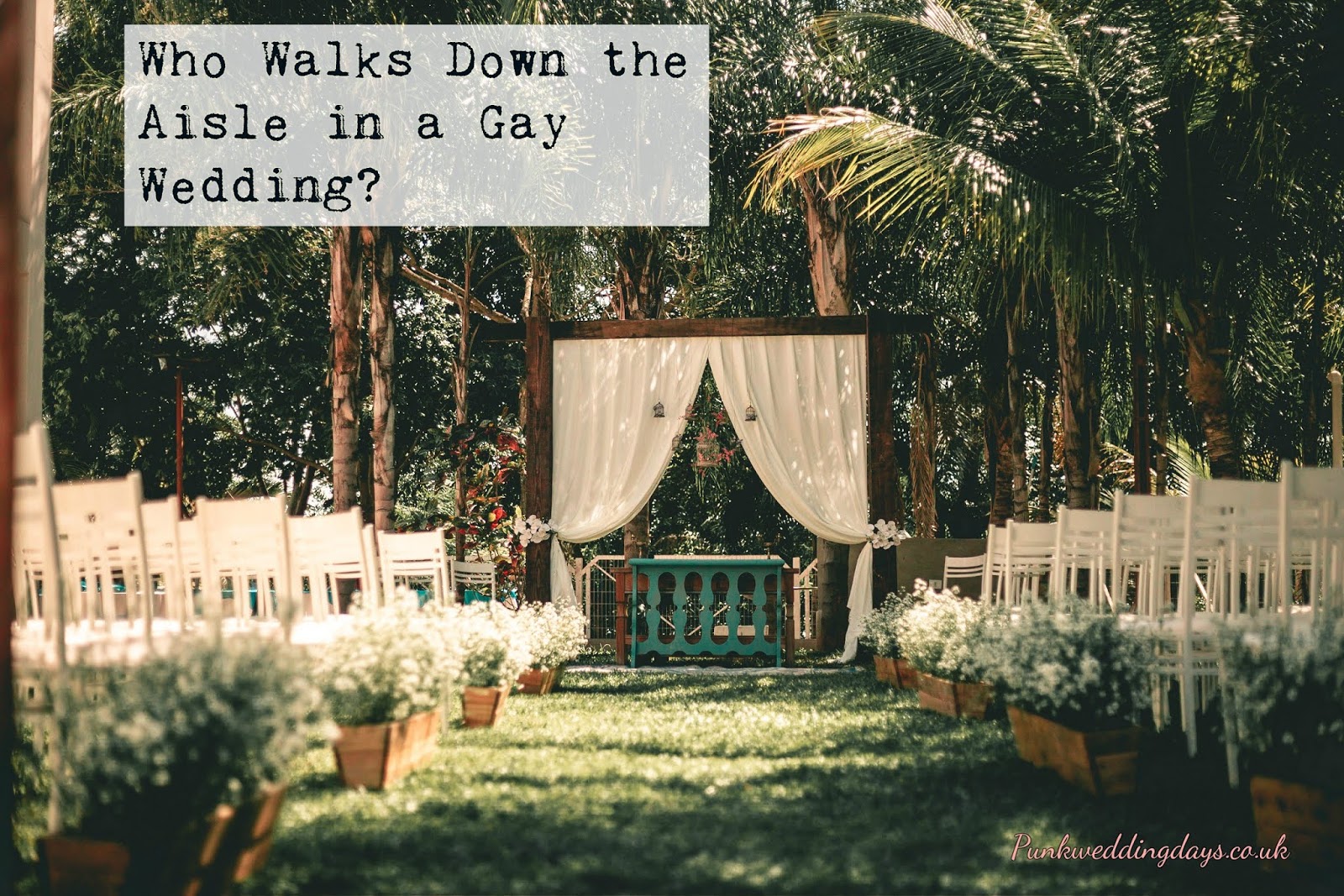What Have We Learnt About Gay Marriage 2 Months On?
Gay marriage has been legal in England and Wales now for just over 2 months.
It's not that time has flown by, so much as it's strapped itself to an F-16 and shredded every calendar on its fly past.
It's too early to see the official numbers, but we can probably assume that they'll be high, and will probably peak again towards the end of the year when couples start converting their civil partnerships to marriages.
For most people reading this post, there's probably very little to learn from gay marriage. By that, I mean that we already know that gay marriage doesn't undermine opposite-sex marriage, that it won't lead to the end of the world; that it won't see men being able to marry horses or women getting married to owls or whatever other ridiculous scenario the frightened detractors like to suggest. We already know that two people making a commitment to one another is a special thing regardless of gender. We know that gay marriage was the right thing to support, the right thing to celebrate and, if you're gay, the right thing to do.
What we'll learn about gay marriage will be the statistics: the change to social attitudes, the numbers married, and the impact to the economy etc.
Those who stand to learn the most about gay marriage will be the individuals who either disagree with it or who are made uncomfortable by it. Ignorance is a huge barrier to any social group striving for equal rights, and there's no greater way of promoting equality than by having society practice it. By normalizing gay marriage, attitudes will change. Perhaps not immediately, and not for everyone, but they will change. In many ways they already have. Considering that section 28 was only repealed in 2003, we can see how quickly effective social action and law change can redefine the boundaries of acceptability.
It's not only in gay rights that we see this happening. Women, who didn't even have the vote 100 years ago, could still legally be raped by their husbands as late at the 1970s. They've fought, and are still fighting for equality, and much of that change has come from protests, high profile speakers and feminist trail blazers but it's also come from normalizing the social change that the publicity and law put into play: using the vote, taking the pill, marrying later (if at all), having an education and being financially independent. Essentially, living the change rather than just talking about it.
So, some of us haven't really got anything to learn about gay marriage because we already knew it was the right thing to do. For others, the best education in tolerance will be watching gay and lesbian couples living happily together as married partners. It may not be the fastest way to instigate change, but it's certainly one of the most emphatic.
It's not that time has flown by, so much as it's strapped itself to an F-16 and shredded every calendar on its fly past.
It's too early to see the official numbers, but we can probably assume that they'll be high, and will probably peak again towards the end of the year when couples start converting their civil partnerships to marriages.
For most people reading this post, there's probably very little to learn from gay marriage. By that, I mean that we already know that gay marriage doesn't undermine opposite-sex marriage, that it won't lead to the end of the world; that it won't see men being able to marry horses or women getting married to owls or whatever other ridiculous scenario the frightened detractors like to suggest. We already know that two people making a commitment to one another is a special thing regardless of gender. We know that gay marriage was the right thing to support, the right thing to celebrate and, if you're gay, the right thing to do.
What we'll learn about gay marriage will be the statistics: the change to social attitudes, the numbers married, and the impact to the economy etc.
Those who stand to learn the most about gay marriage will be the individuals who either disagree with it or who are made uncomfortable by it. Ignorance is a huge barrier to any social group striving for equal rights, and there's no greater way of promoting equality than by having society practice it. By normalizing gay marriage, attitudes will change. Perhaps not immediately, and not for everyone, but they will change. In many ways they already have. Considering that section 28 was only repealed in 2003, we can see how quickly effective social action and law change can redefine the boundaries of acceptability.
It's not only in gay rights that we see this happening. Women, who didn't even have the vote 100 years ago, could still legally be raped by their husbands as late at the 1970s. They've fought, and are still fighting for equality, and much of that change has come from protests, high profile speakers and feminist trail blazers but it's also come from normalizing the social change that the publicity and law put into play: using the vote, taking the pill, marrying later (if at all), having an education and being financially independent. Essentially, living the change rather than just talking about it.
So, some of us haven't really got anything to learn about gay marriage because we already knew it was the right thing to do. For others, the best education in tolerance will be watching gay and lesbian couples living happily together as married partners. It may not be the fastest way to instigate change, but it's certainly one of the most emphatic.









